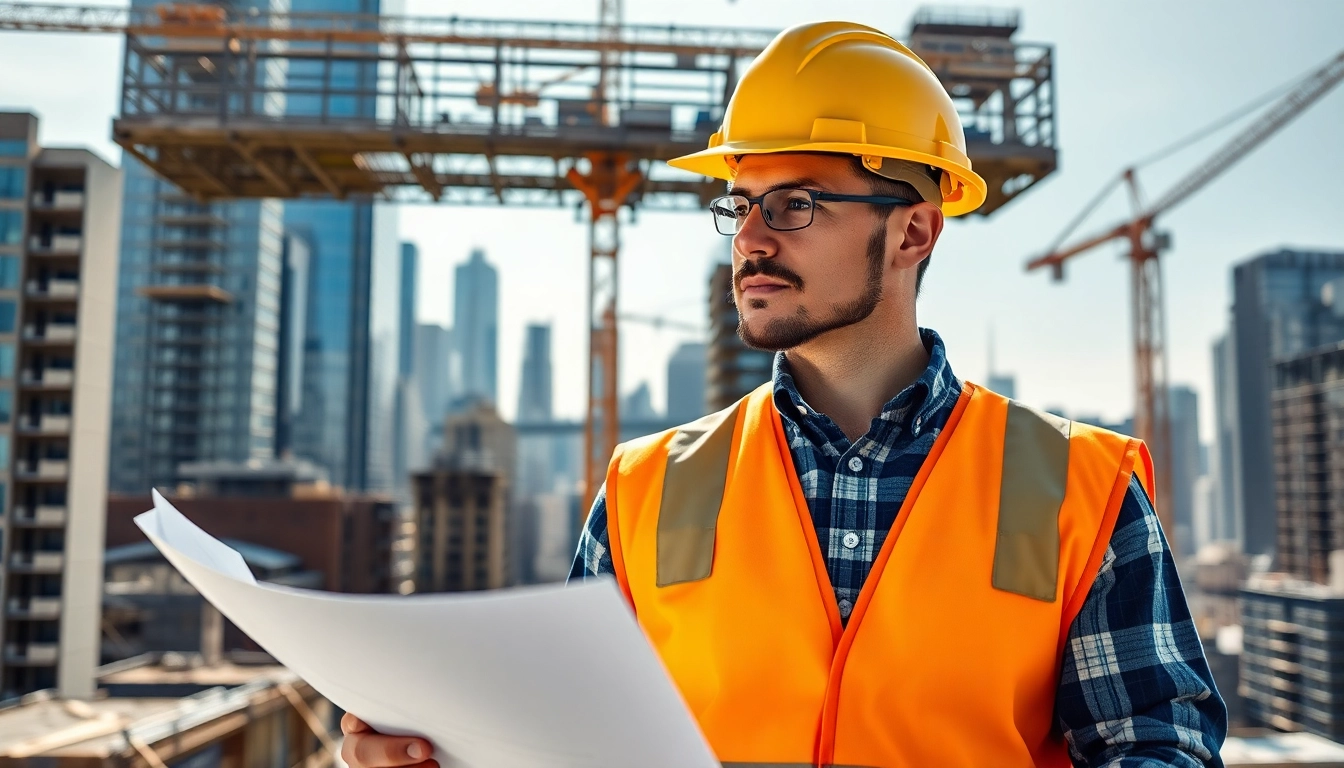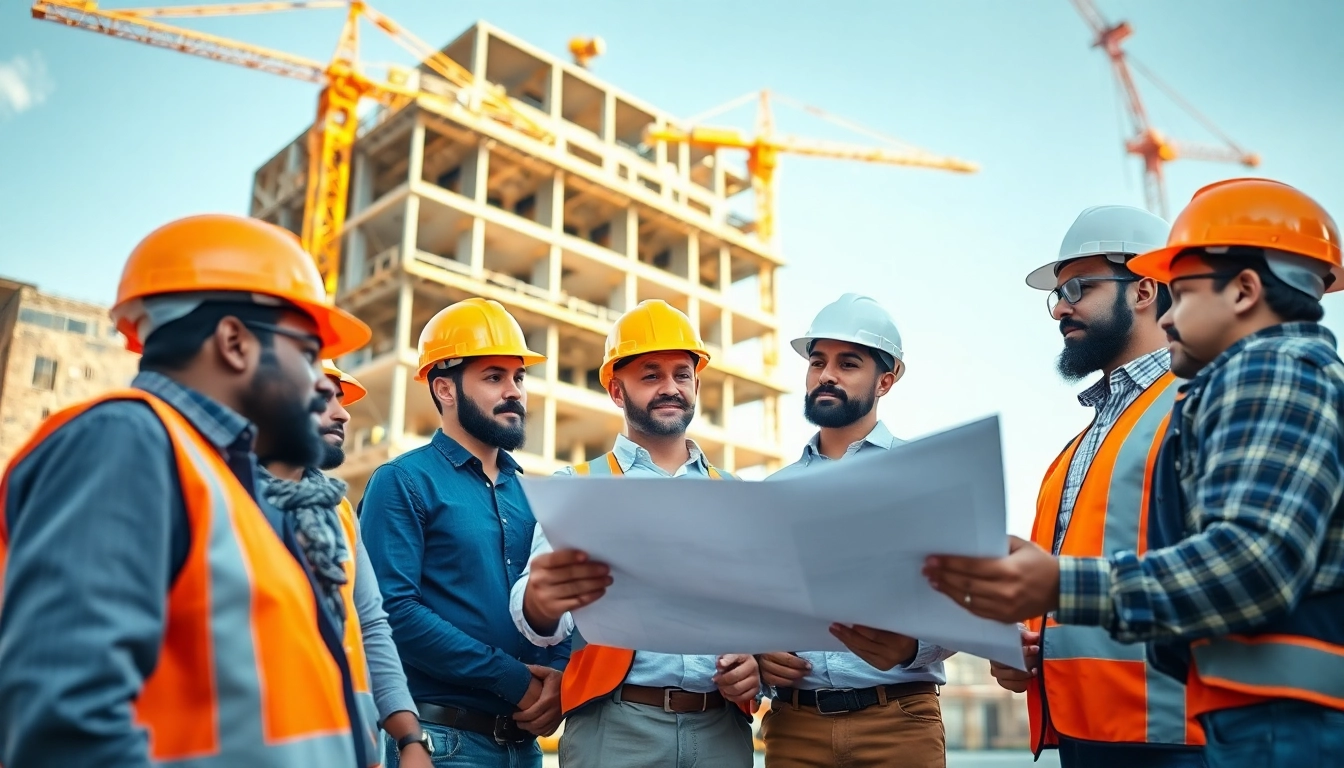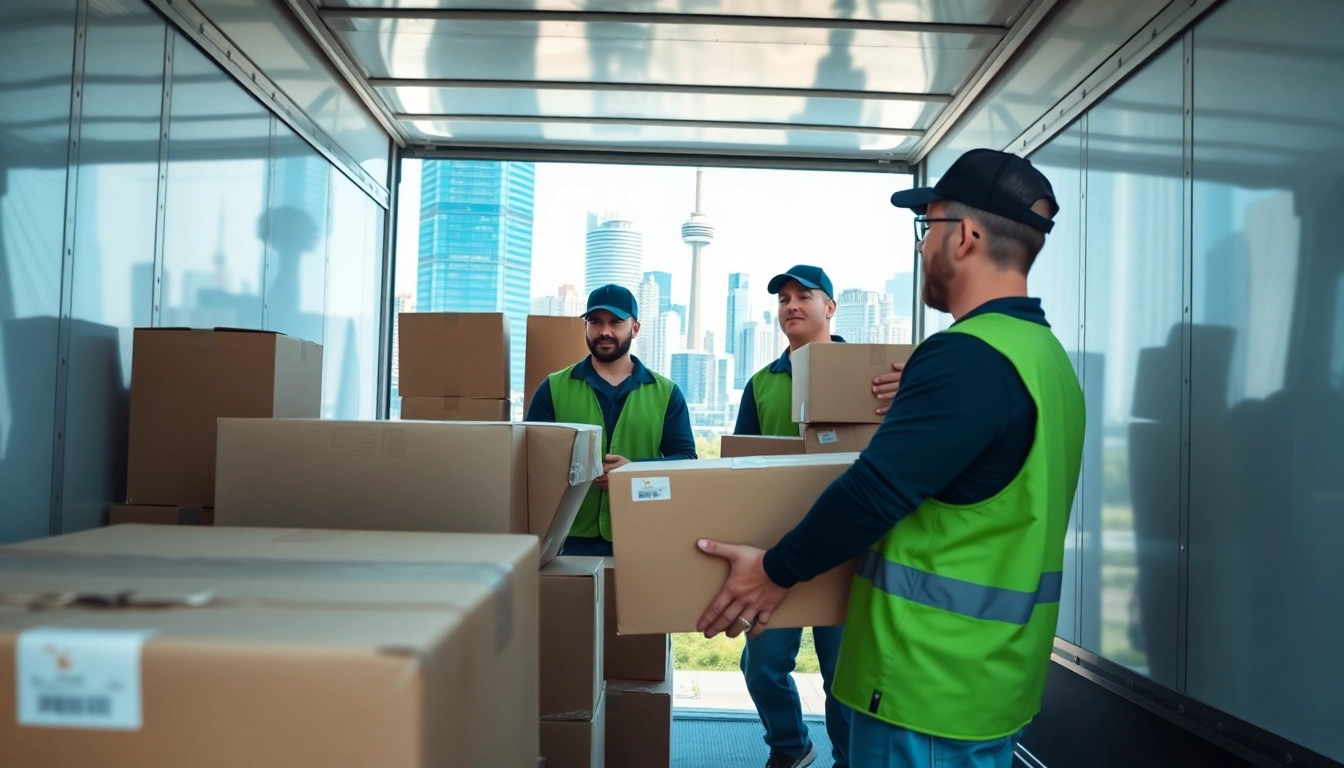Understanding the Role of a New York City General Contractor
A general contractor serves as the key individual responsible for overseeing construction projects, from small renovations to monumental builds. In a fast-paced and diverse environment like New York City, the role of a New York City General Contractor becomes even more critical due to the complexities of urban architecture, stringent regulations, and the diverse needs of clients. With this overview, we will delve deeper into the functions, skills, and importance of general contractors in one of the world’s most dynamic cities.
What Does a New York City General Contractor Do?
The primary role of a general contractor is to manage and coordinate every aspect of a construction project. This includes everything from procuring materials, hiring subcontractors, and ensuring all work meets city standards and regulations. In a city where space is limited, general contractors also play a critical role in project planning, ensuring that timelines are adhered to, and that budget constraints are respected.
Some specific responsibilities include:
- Project Management: Overseeing the entire construction process.
- Bidding: Gathering and reviewing bids from subcontractors and suppliers.
- Permits and Regulations: Securing the necessary permits and ensuring that all work complies with local laws.
- Quality Control: Conducting site inspections to ensure quality and safety standards are met.
- Client Liaison: Keeping clients informed and involved throughout the project duration.
Key Skills and Qualifications
General contractors are required to possess a unique combination of skills to ensure project success. Essential qualifications typically include:
- Education and Experience: While a degree in construction management or a similar field can be beneficial, many successful contractors gain experience through apprenticeships or work in construction trades.
- Communication Skills: Effective communication with clients, subcontractors, and suppliers is vital to prevent misunderstandings.
- Problem-Solving Skills: The ability to swiftly address unexpected issues that arise during construction is crucial.
- Organizational Skills: Managing schedules, budgets, and timelines requires excellent organizational capabilities.
- Technical Knowledge: A sound understanding of building techniques and construction materials is critical for making informed decisions.
Importance of Licenses and Insurance
In New York City, general contractors must obtain necessary licenses before they can operate. These licenses verify that contractors have the knowledge and expertise to handle complex building projects while adhering to city regulations. Insurance is equally important, as it protects both the contractor and the client in case of accidents or unforeseen incidents on the job site. Common types of insurance include:
- General Liability Insurance: Covers damages or injuries that occur during a project.
- Worker’s Compensation Insurance: Protects workers and provides benefits in case of work-related injuries.
- Commercial Auto Insurance: Covers vehicles used for work-related tasks.
How to Find Reliable New York City General Contractors
Finding a trustworthy and competent general contractor is essential for the success of your project. Here are several effective strategies for vetting potential contractors.
Utilizing Online Resources and Reviews
The internet offers a wealth of information, making it easier than ever to find and research general contractors in your area. Websites that host reviews and ratings can provide valuable insights into a contractor’s performance and reputation. When searching for contractors online, consider these tips:
- Look for reviews on platforms such as industry-specific websites and social media.
- Pay attention to the overall ratings and read individual comments to gauge contractor strengths and weaknesses.
- Utilize forums related to construction or community boards to gather experiences from previous clients.
Asking for Recommendations from Peers
Personal recommendations are often one of the most beneficial ways to find reliable contractors. Friends, family, or colleagues who have gone through similar construction projects can provide firsthand insights. When asking for recommendations, consider the following:
- Discuss specific projects they undertook and their level of satisfaction.
- Inquire about the contractor’s communication and project management skills.
- Ask about any issues they encountered and how these were resolved.
Evaluating Portfolios and Previous Projects
When you have a shortlist of potential contractors, it’s crucial to review their past work. A contractor’s portfolio should showcase a range of completed projects, highlighting their versatility and expertise. Key aspects to look for include:
- Types of projects they’ve completed (residential, commercial, renovations).
- Quality of craftsmanship and attention to detail.
- Feedback and references from clients who worked with them on similar projects.
Questions to Ask Your New York City General Contractor
Before finalizing a contractor, it’s essential to feel confident about your choice. Asking the right questions can help you assess whether a contractor meets your requirements.
Understanding Pricing and Estimates
Begin your discussion by requesting an estimate. Understanding how a contractor calculates their prices will give you insight into their transparency and business practices. Critical areas to cover include:
- Whether the estimate is a fixed price or based on time and materials.
- Possible additional costs that may arise during the project.
- Payment structure and terms, such as upfront deposits and payment milestones.
Clarifying Project Timelines
Timeline clarity is crucial to avoid unnecessary delays or misunderstandings. Seek answers for the following:
- What is the expected duration of the project?
- What factors may affect the timeline, such as weather or permit approval?
- How will updates regarding the project schedule be communicated?
Discussing Communication Methods
Effective communication can make or break a construction project. You should ascertain how your contractor prefers to communicate. Consider these communication aspects:
- Preferred communication channels (email, phone, in-person meetings).
- Frequency of updates and progress reports.
- How issues will be addressed as they arise.
Common Challenges with New York City General Contractors
Despite careful planning and execution, challenges can arise when working with general contractors in New York City. Understanding these common issues can help you navigate them more effectively.
Addressing Permit and Zoning Issues
Compliance with local building regulations is non-negotiable. However, navigating these regulations can be complex. A reputable contractor should be well-versed in the local permit process. Here are some considerations:
- Ensure the contractor has experience dealing with various NYC regulations.
- Confirm they have successfully navigated past zoning issues.
- Discuss how they handle delays related to permits.
Managing Project Delays
Delays can happen for various reasons, such as material shortages or inclement weather. It’s essential to discuss how your contractor manages these potential setbacks:
- What strategies do they employ to minimize delays?
- How do they communicate delays to clients and plan for contingencies?
- What resources do they have available to make up for lost time?
Navigating Contractual Disputes
Disagreements during a project can lead to tensions and conflict. It’s crucial to have a well-defined contract in place. Factors to consider include:
- Clarify terms related to changes in scope or budget overruns.
- Ensure dispute resolution processes are clearly outlined.
- Discuss how they handle issues with subcontractors and suppliers.
Measuring Success with Your New York City General Contractor
Defining success is crucial for evaluating the performance of your general contractor. Here are factors that contribute to successful project outcomes.
Setting Clear Objectives and Goals
Establishing well-defined project goals at the outset is essential. Such goals should be Specific, Measurable, Achievable, Relevant, and Time-bound (SMART). By doing so, both you and the contractor remain aligned throughout the project. Consider including:
- Project timelines and deadlines.
- Budget constraints and limitations.
- Quality expectations for workmanship and materials.
Understanding Performance Metrics
With objectives established, you should agree upon performance metrics to measure the contractor’s success. Typical metrics include:
- Adherence to the timeline.
- Budget management and avoidance of cost overruns.
- Quality of the finished project and client satisfaction.
Ensuring Quality Control Measures
Quality control is vital, particularly in a bustling urban environment. Discuss with your contractor the quality control processes they implement to ensure standards are met. Key questions to ask include:
- What quality control processes do they adhere to throughout various project stages?
- How do they handle work that does not meet agreed-upon standards?
- What methods do they use to obtain feedback during the construction phase?



